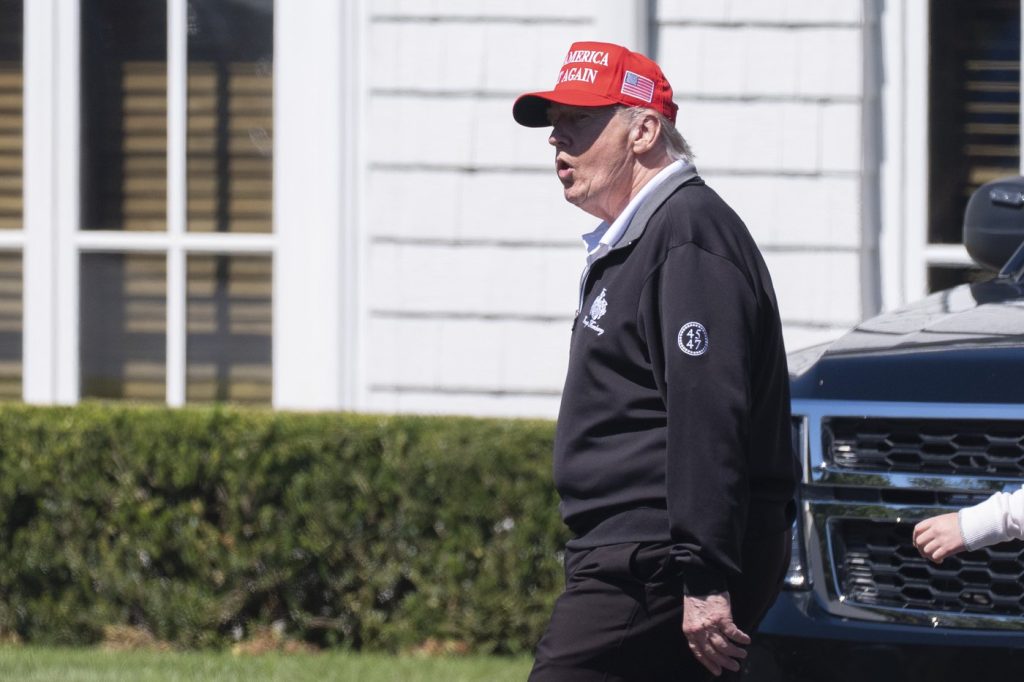A 22-year-old philosophy student from China, known only by his family name Gu, embarked on what he believed would be an academic journey to the University of Houston after a 29-hour flight. His paperwork was meticulously arranged, and he held a full scholarship for his studies in humanities. Having previously participated in an exchange program at Cornell University without incident, Gu felt confident upon his arrival. However, instead of a warm welcome, he faced unexpected complications.
Upon landing at George Bush Intercontinental Airport in Houston, Gu was detained by customs officials. Despite having valid documentation, he was subjected to an intense interrogation that spanned 36 hours. Eventually, he was placed on a flight back to China and banned from returning to the United States for five years, abruptly shattering his aspirations for an academic career in the country. Gu expressed his despair, stating, "There is no opportunity for the life I had expected."
Gu's experience highlights a growing pattern among Chinese students entering the U.S. Despite having permission to enter, several individuals have faced similar scrutiny or have been sent back to China. These incidents have led to protests from Beijing and raised concerns over the shifting immigration policies under President Donald Trump’s administration, which has fluctuated between seeking to welcome Chinese students and implementing stricter visa regulations.
Despite the controversies, reports indicate that some U.S. officials harbor suspicions regarding Chinese students, predominantly those studying advanced technologies such as quantum computing and artificial intelligence. There are lawmakers advocating for outright bans on Chinese students, reflecting the heightened tensions between the U.S. and China in the context of national security concerns.
As of now, there is no comprehensive data on the number of Chinese students who have been interrogated or deported upon their arrival in the U.S. U.S. Customs and Border Protection has not responded to inquiries regarding these practices. Recently, Trump stated that he communicated to Chinese President Xi Jinping that the U.S. is “honored to have their students here,” while simultaneously asserting the need for careful screening upon their arrival.
The Chinese Embassy has reported receiving multiple accounts from over ten Chinese students and scholars who have been subjected to interrogation, harassment, and repatriation. The embassy condemned what it described as "discriminatory, politically driven and selective law enforcement," asserting that these actions have inflicted psychological and financial harm on affected individuals, disrupting their academic careers. Such repatriations have been carried out under the guise of “visa issues” or claims that the individuals might pose a risk to U.S. national security.
Gu recounted his interrogation, during which officers focused extensively on his family ties to the Chinese Communist Party and his affiliations with organizations like the China Scholarship Council. Despite an arduous ten-hour interrogation process, which included three rounds of questioning, Gu received no clear explanation for his deportation. He noted that the conditions during his detention were distressing, marked by cold rooms and prolonged interrogations that left him exhausted, having hardly slept for two days.
As of now, Gu is contemplating appealing the decision, which he realizes could be a lengthy and costly process. His aspirations to continue his studies in the U.S. have been significantly derailed, leaving him in a state of uncertainty regarding his future academic pursuits.











